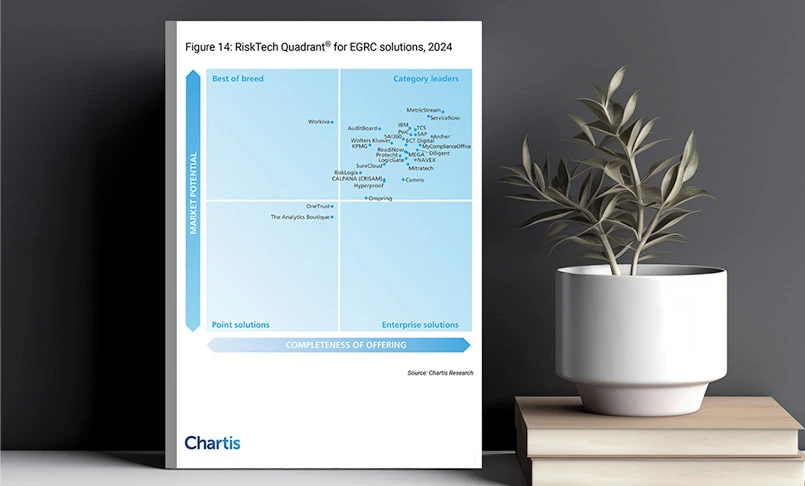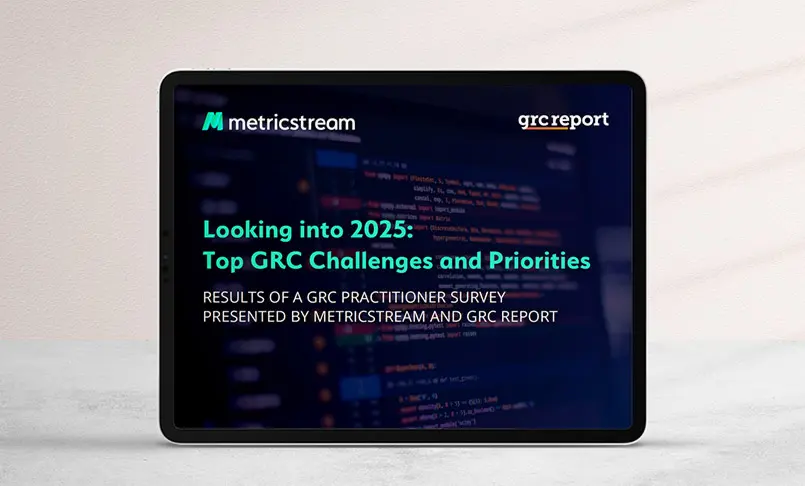Through the GRC Lens: February 2019
- Compliance Management
- 20 March 19

Introduction
Silicon Valley giants face greater scrutiny from a new antitrust watchdog, UK companies under fresh pressure to include more women on their boards, and Europe uncovers deeper links in the Danske Bank money-laundering scandal — here’s February 2019 through the GRC lens.
The FTC Sets Up a New Antitrust Task Force to Monitor Big Tech
Under pressure from the public and politicians to rein in the unchecked power of tech titans, the Federal Trade Commission (FTC) announced in February that it was launching a new task force to investigate potential antitrust violations in the tech sector, signaling tougher regulations for Silicon Valley.
“The role of technology in the economy and in our lives grows more important every day…it makes sense for us to closely examine technology markets to ensure consumers benefit from free and fair competition,” said FTC Chairman Joe Simons.
According to The Wall Street Journal, the task force will have a broad mission that includes re-examining past mergers and potentially unwinding deals that are found to be anti-competitive.
UK Investor Body to Apply a Red Alert to Companies That Lack Women on Their Boards
In a move to bolster gender diversity in the boardroom, the Investment Association (IA), a body that represents large asset managers in the UK, said that it would apply a red alert to FTSE 350 companies that have fewer than two women on their boards.
The alert known as “red top” represents the highest level of warning and is reserved for companies where shareholders should have the most serious concerns, reported Reuters. Companies with more than one woman on their boards but less than 25 percent overall would be issued an “amber top,” says the report.
The alert system serves as a guide to investors on whether a company is complying with best practices in key areas of governance such as executive pay and diversity.
Swedbank Faces Money Laundering Allegations Involving Danske Bank
An investigative report in February by Swedish media alleged that Swedbank handled $4.3 billion in suspicious flows linked to the Danske Bank scandal that shook European markets last year.
In the immediate aftermath of the report, the Swedish lender’s shares plunged 23% and wiped off $5.3 billion from its market value, says a Bloomberg article. The bank now faces joint investigations from Sweden and Estonian financial supervisors looking into the “very serious” allegations.
Bloomberg also reported that Swedbank’s CEO, Birgitte Bonnesen, failed to restore confidence in the bank in a conference call with analysts after the report came to light.
The Big Picture
Scrutiny of anti-competitive practices in Silicon Valley is intensifying. As regulators and the larger public wise up to the business practices of tech behemoths, the need for the industry to transform itself based on a foundation of trust has never been greater.
The IA’s move in the UK is another step towards effective corporate governance practices. Although the body has no authority over how investors vote on company policies, the “red top” system is likely to direct more investors to those organizations that demonstrate a stronger commitment to diversity. FTSE 350 companies will have to do a better job of proactively including women in their leadership teams.
Swedbank’s scandal is another stark reminder that large-scale bank frauds have become all too common even with tough regulations in place. The financial services sector is likely to face renewed pressure from regulators seeking to keep them in line. What can make a difference to their credibility is a culture of compliance and integrity.







